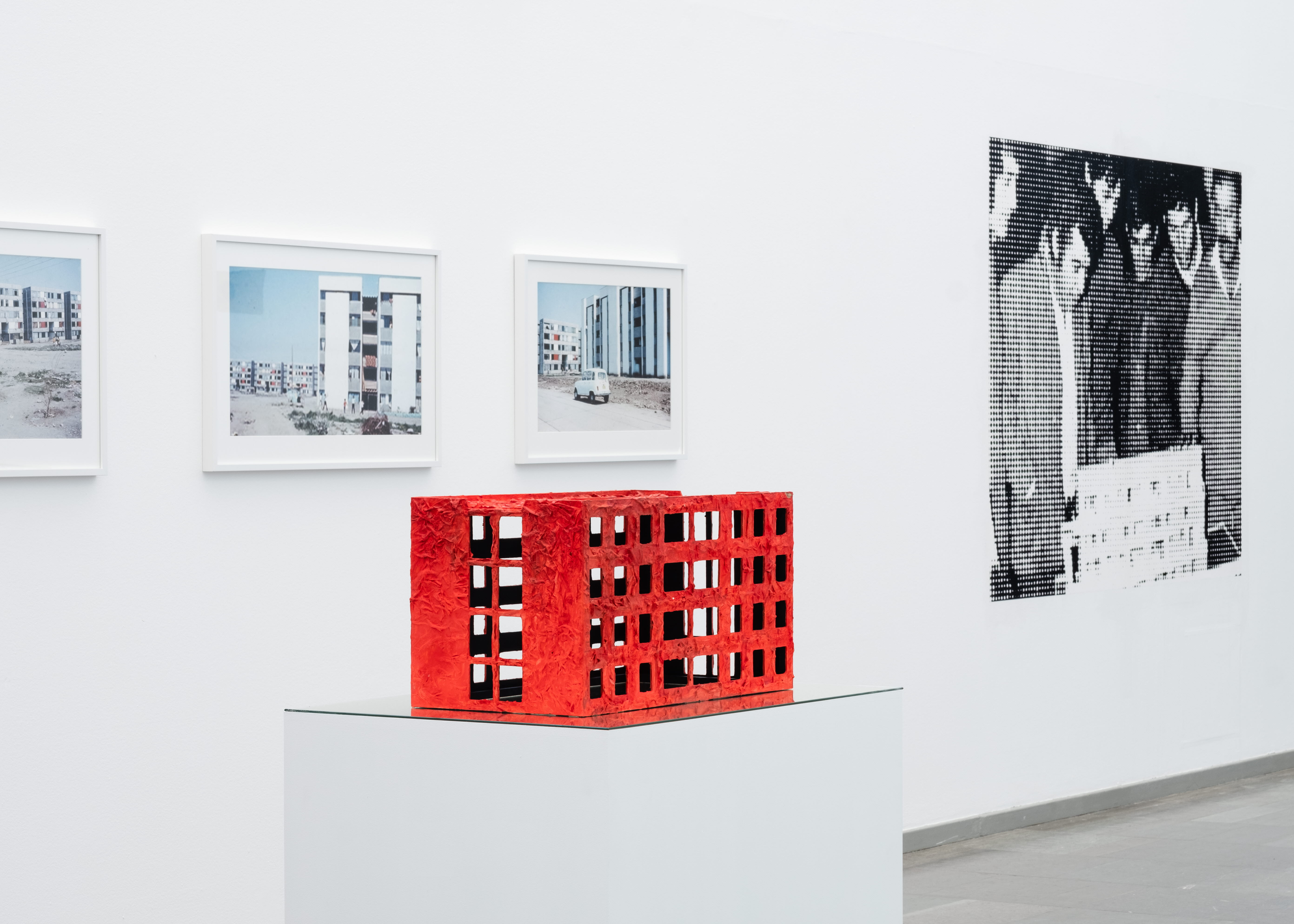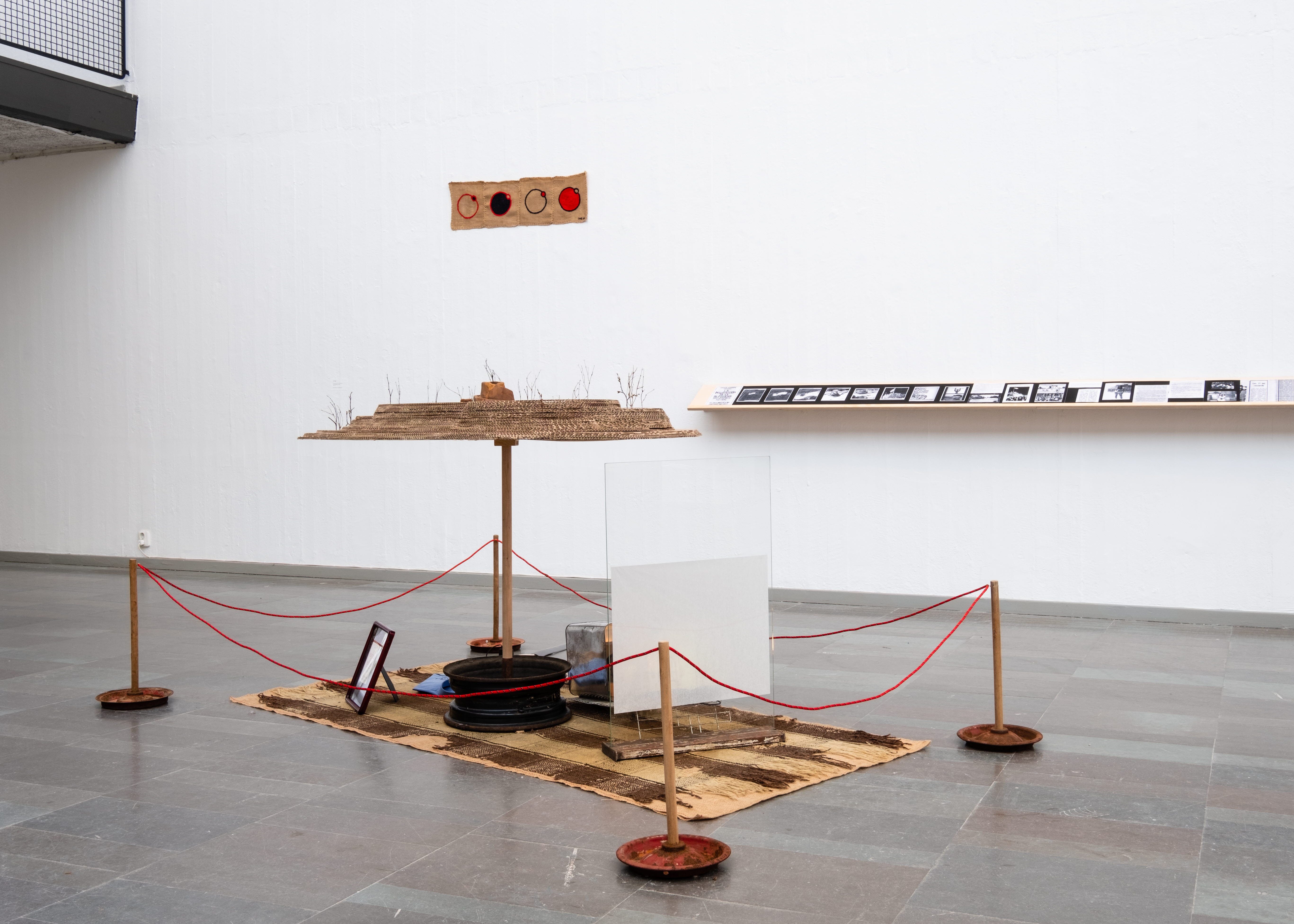Remembering What Is: Chile’s Recent History in Film and Art



Lunds konsthall 26 January–24 March 2019.
Participating artists: Constanza Alarcón Tennen, Amalia Alvarez, Cecilia Barriga, Sebastián Calfuqueo, Cristóbal Cea, Claudia Del Fierro, Giorgio Giusti, Patricio Guzmán, Voluspa Jarpa, Miguel Littín, Marilu Mallet, Leonardo Portus, Enrique Ramírez, Raúl Ruiz, Claudio Sapiaín, Ivo Vidal.
Remembering What Is featured contemporary art thematising the early 1970s in Chile, along with a number of films by directors working within the so-called Nuevo Cine Chileno movement. These filmmakers were active in Chile in the 1960s and the early 1970s and recorded how the socialist president Salvador Allende entered the political arena of the exploited, conflicted and unequal country that Chile was at the time. Later, from the exile that became reality for many of them, they bore witness to the military coup of 1973 and its aftermath.
Many artists active in Chile today work with methods and subject matter that can be recognised from Nuevo Cine Chileno. They critically scrutinise contemporary life, with its conflicts that may be traced back to a violent past, but the current context is different. The overall picture is complicated by a critical discussion about the process of reconciliation launched when Pinochet was forced to relinquish power two years after the historical referendum of 1988. The question many ask is: Did the coup, and the ideology behind it, really end that year?
The films and the art works in the exhibition were united by their authors’ intention to depict and reflect the social and political situation in Chile during the past 50 years. Crucial were questions on the relationship between memory and history, and how recent and distant events are remembered and retold by different actors.
The ambition of the exhibition as a whole was to form a layered picture of the past, reminding audiences today of the conflicts of yesterday. Past traumas – but also political progressivity and the struggle for justice – became connected with current issues such as student movements across the world in the 2010s, the continued presence of fascism in Chilean society and in Latin America at large, urban change in Santiago and the rights of the Mapuche population.
(exhibition catalogue)